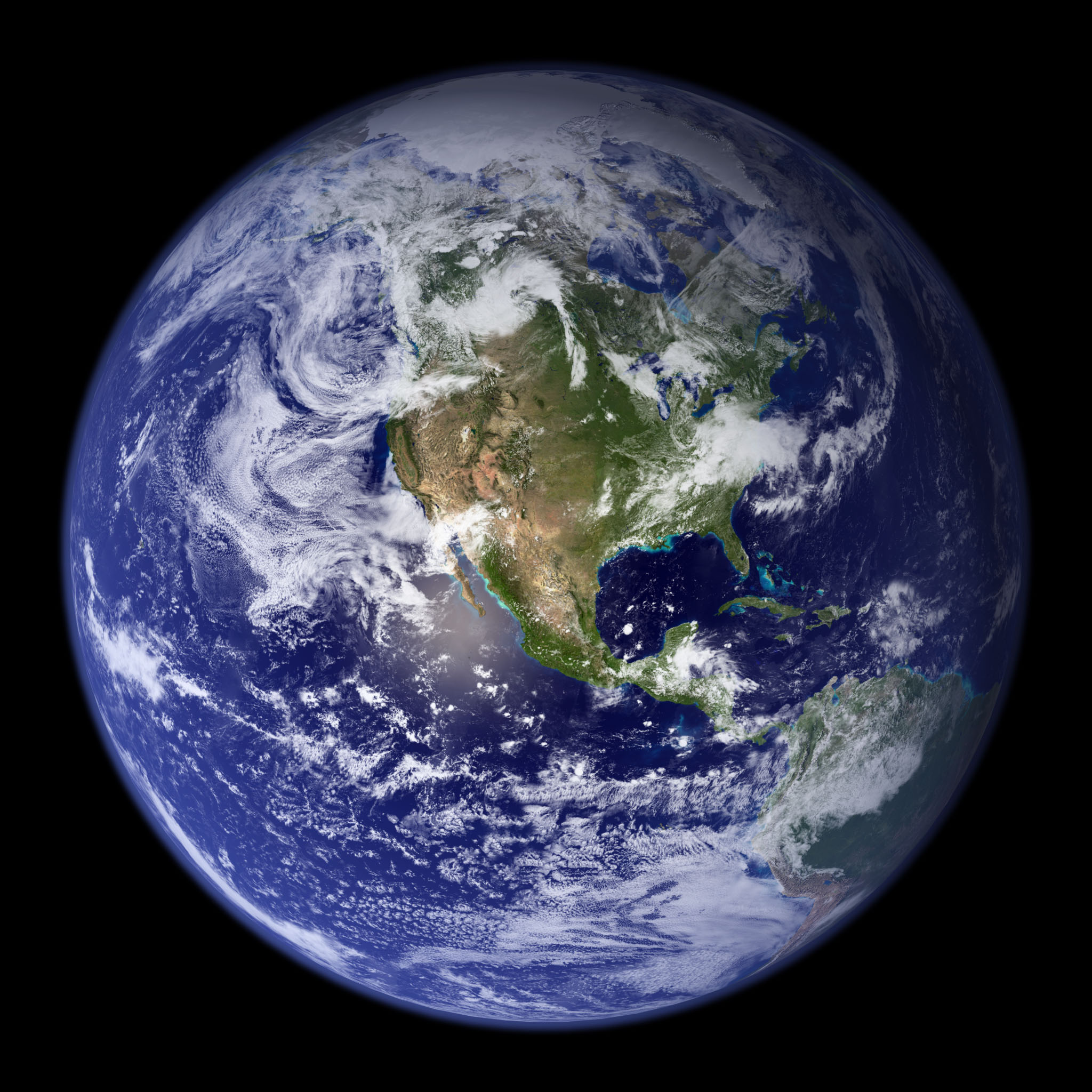In an interesting talk, historian Paul Sabin raised the issue of how we should best deal with our environmental future. He contrasted an approach typified by Paul Ehrlich in which population growth (and the growth of per capita consumption) seen as leading to more and more modification (some would say degradation) of the environment, with an approach typified by Julian Simon in which human society adapts to the changing environment (through technological and institutional innovations) to continue to improve human welfare. Sabin suggests that we should add a concern for values -- what kind of world do we want to live in? Are we willing to reduce human population or per capita consumption in order to retain some natural spaces and protect biodiversity? One problem with Sabin's approach is that our values today may be quite different from those of future people who will have to live with the results of our current policies.
I also found myself thinking of the guy who was heard falling past the 19th floor of a sky scraper, saying "so far, so good!" History is replete with societies that grew and progressed in wealth until they crashed. Simon's vision of permanent progress runs the terrible risk of being wrong.
Globalization is not only the process of increasingly global trade patterns, but also a process in which the human footprint is increasingly global. In the past, the crash of a culture in Greenland, or Mohenjo Daro, Rome or the Yucatan peninsula would leave most of the world's people untouched. The crash of a 22nd century civilization might be different in character because of its difference in magnitude.

No comments:
Post a Comment